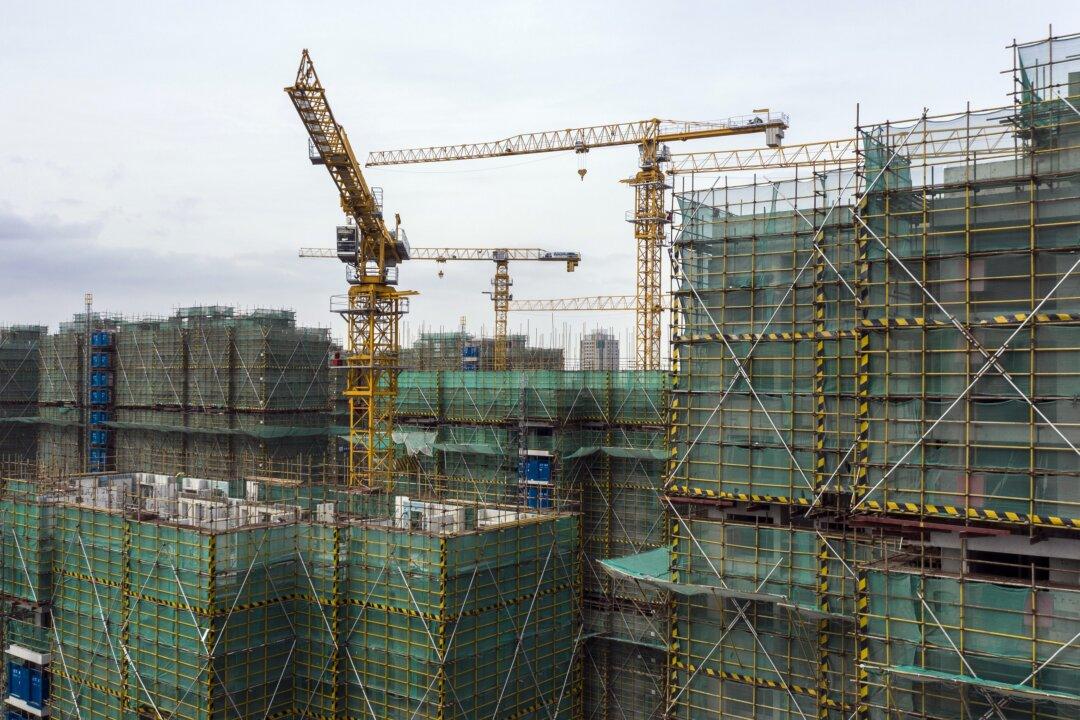China’s property sector rapidly declined in 2023, with real estate giants like Evergrande Group and Country Garden on the verge of collapse. At the same time, Beijing launched investigations to purge several senior executives in the failing industry.
The real estate sector has been a critical part of the Chinese economy, especially after China joined the World Trade Organization in 2001. Foreign capital led to the accelerated development of China’s economy, with the property sector accounting for about 30 percent of GDP at its peak. As a pillar of the economy, a crisis in the real estate sector could pose significant risks to the country’s overall economic well-being.





